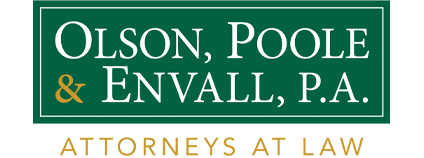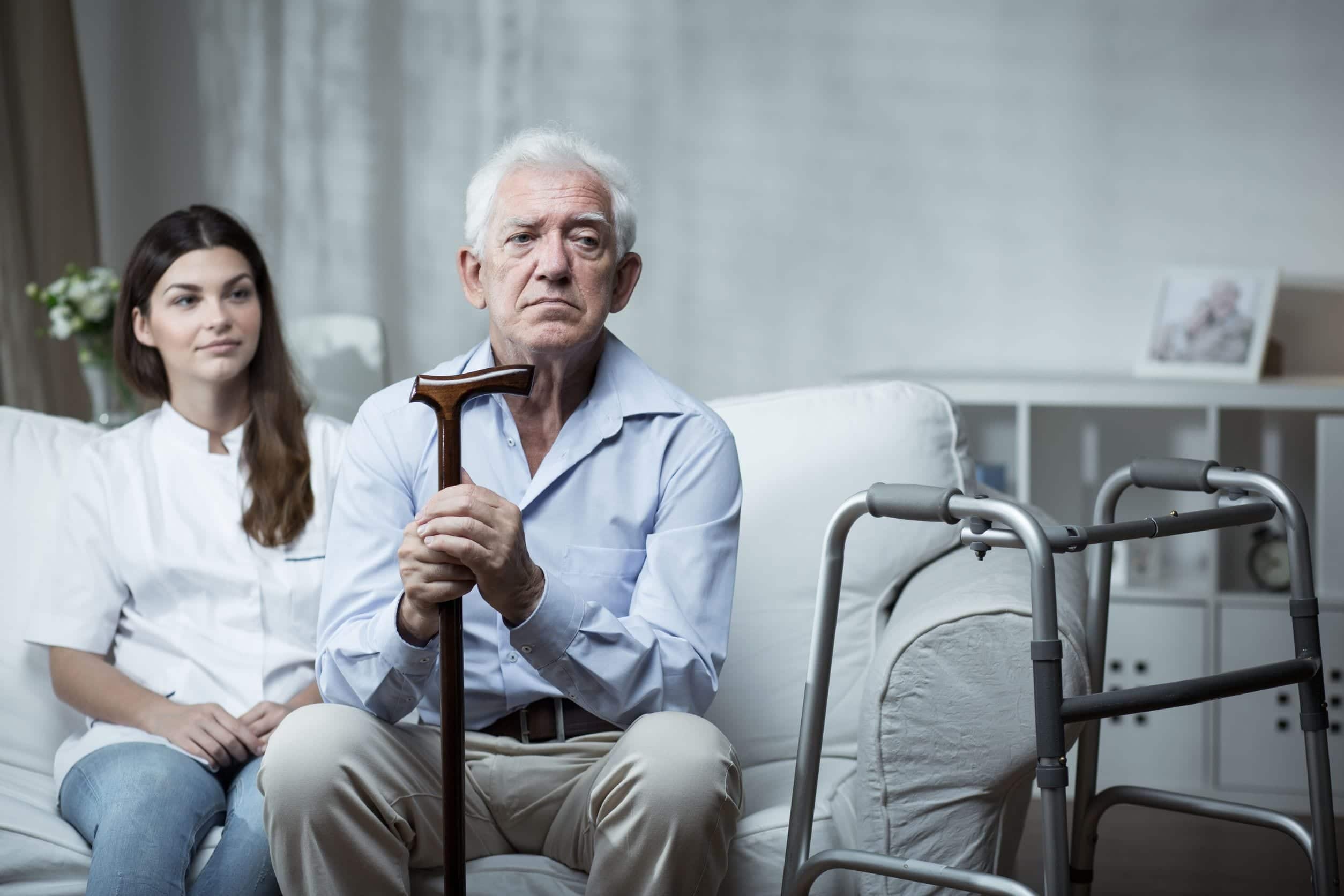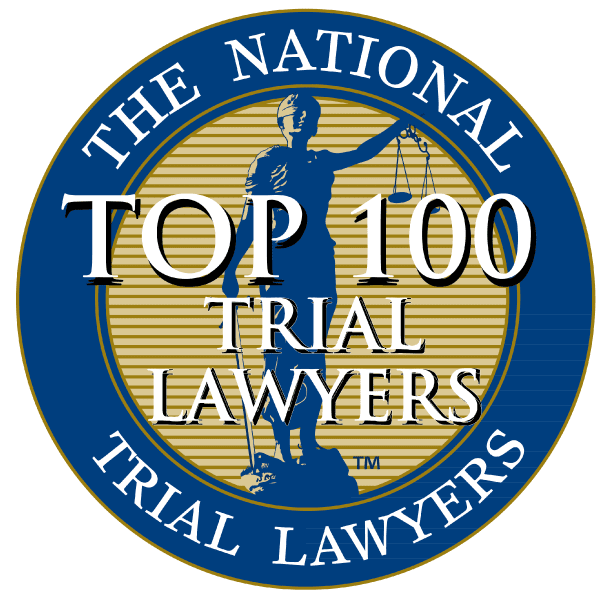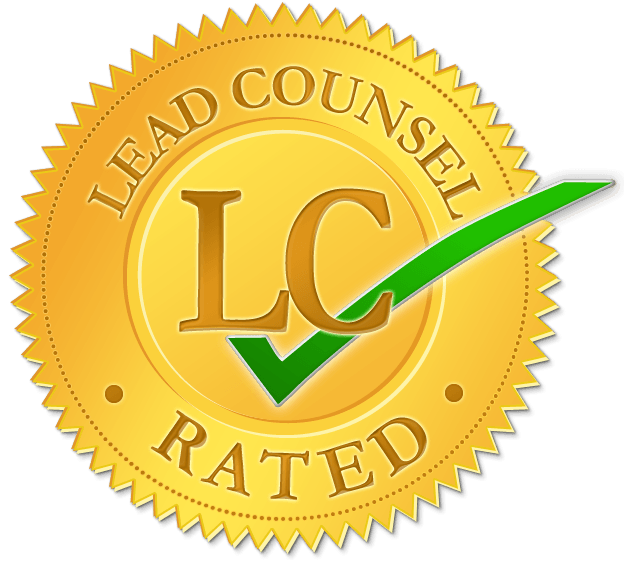How to Ensure Your Family Members Are Safe in a MN Nursing Home
It’s never an easy choice to move someone you love into a nursing home, but when you make that choice you’re putting a lot of trust in the people who run the facility.
The good news is that nursing homes have a legal duty to protect the safety and health of the people who live there. Still, some of these facilities break that responsibility from time to time. When that happens, neglect and even abuse of residents ensues.
If you are worried that a loved one may be suffering from elder abuse, then here is what you should be on the lookout for and what you can do to ensure they’re safe.
The Rights of Nursing Home Patients
Every patient in a nursing home or assisted living facility has rights. Chief among them is the legal obligation of the facility to protect the rights of every resident. Under both federal and state law, nursing home residents’ rights include:
- The right to full information about the arrangements under which they live
- The right to live in a safe situation, free from exploitation, discrimination, and abuse
- The right to participate in their health decisions (reasonably)
- The right to lifestyle choices, visitation time, and privacy
- The right to overall respect and dignity
Signs of Nursing Home Abuse in Minnesota
There are many signs of nursing home abuse that loved ones should be on the lookout for. These things may indicate that the facility is not meeting the standards they should, such as:
- Untreated medical conditions like sores and wounds
- Dirty bed sheets or clothing
- Signs of lack of hygiene
- Unexplained and sudden weight loss
- Changes in behavior such as withdrawal and apprehension
- Unexplained or unusual financial transactions
- Complaints from your loved one
- Sexually transmitted infections or diseases
- Other infections that seem to be unchecked
- A facility that appears disorganized
- Anything you feel is wrong and makes you feel anxious about your loved one’s living situation
Some warning signs of abuse can also be signs of medical problems for your loved one, but that’s why you should follow up on potential issues and address things when something happens that makes you feel as if things just aren’t right.
Injuries Associated with Abuse
There are certain injuries that may be a good indication that your loved one isn’t being treated appropriately in the facility. These include:
- Sores
- Infections
- Spinal cord injuries
- Broken bones
- Sprains and strains
- Traumatic brain injuries
- Nerve damage
These types of injuries may be not only signs of neglect or abuse, but even assault.
Keep in mind that it’s also common for residents to show signs of emotional distress when being abused, such as acting like children or withdrawing from friends and family. On top of that, many older people are struggling already with medical conditions that may only be exacerbated by abuse or neglect.
What Minnesota Family Members Can Do for Their Loved Ones
If you suspect abuse or neglect is occurring to your loved one in a long term living facility in Minnesota, you should take action. Show up at the home at unusual hours or switch up your visitation schedule if you happen to visit on a regular day or time. By doing so, you may catch them being neglectful or abusive.

You should also document your concerns and take pictures of the conditions you find your loved one in. Additionally, it may be prudent to speak with an attorney to see what legal remedies you can seek to keep your loved one safe and sound in their home.
About the Author:
A lifelong Minnesotan, founding partner Ronald R. Envall has spent his entire legal career fighting for the little guy, focusing on workers’ compensation, Social Security, and personal injury cases. He has been recognized by SuperLawyers as a Top Rated attorney in Duluth, placing him in the top 5 percent of all workers comp lawyers across the state. In his free time, Mr. Envall serves on the boards of several area government and nonprofit organizations and is a member of the Minnesota Association for Justice, which supports consumer rights.
















